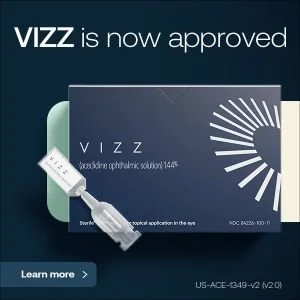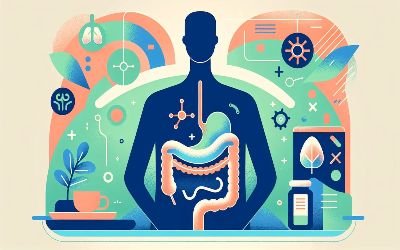November 2025
Promising Flu and RSV Vaccine Results
Each year, flu vaccine effectiveness is first evaluated in the Southern Hemisphere, where winter arrives during our summer. This gives us a preview of how well the vaccine may perform here in the upcoming season.
A recent study of 42,000 people in Argentina, Australia, Brazil, and other South American countries found the flu vaccine was about 50% effective in preventing flu-related hospitalizations and outpatient visits.
Dr. Neuman notes, “This is a strong result and better than many recent years. In 13 of the last 19 seasons, effectiveness was below 50%, and, in 2011, it dropped to just 11%. While the virus can still mutate before reaching us, this data suggests it’s a good year to get your flu shot.”
Bonus: The RSV (Respiratory Syncytial Virus) vaccine, introduced last year, continues to show promise. RSV causes roughly half of severe pneumonias in infants and 3% in adults. A new study found a slight overall reduction in hospitalizations among those vaccinated, another encouraging sign for protecting vulnerable populations.
A New Option for Reading Vision: Aceclidine Eye Drops
Presbyopia—literally “old vision”—is a natural part of aging. As we reach our 40s, the eye’s lens stiffens, making it harder to focus on close-up text. Until now, treatment options have been limited, with medications like pilocarpine offering only modest benefit while reducing distance vision.
A new eye drop, aceclidine (brand name Vizz), has shown impressive results:
Over 70% of participants gained three lines of near vision without losing distance vision.
By comparison, only 8% improved with placebo and 18% with pilocarpine.
Aceclidine drops became available this October 2025 and should reach most pharmacies within the next two months. The cost is about $80 per month through GoodRx, with potential insurance coverage in the future.
Dr. Neuman says: “This is a game-changer for those who can afford it. Fortunately, reading glasses still work great and cost $10.”
LSD-Derived Drug Shows Promise for Anxiety—But Research Is Still Early
A recent study tested a pharmaceutical version of LSD, called MM120 (lysergine), as a single-dose treatment for anxiety. Participants were assessed one month later:
Doses below 100 micrograms showed no significant benefit compared to placebo.
A 100-microgram dose reduced anxiety scores by about 5 points on a 60-point scale.
A 200-microgram dose produced a slightly greater 6-point reduction.
Dr. Neuman says: “These early results are interesting, but LSD-based treatments aren’t ready for general medical use. Larger studies are needed to understand safety, who may be at risk for adverse reactions or psychosis, and how to manage them. For those already using LSD, lower doses such as 100 micrograms appear safer and may be just as effective as higher ones.”
Updated Screening Guidelines for Stomach Cancer
In some countries where stomach and throat cancers are more common, people routinely undergo upper endoscopy (camera exam) screening starting between the ages of 40 and 50. In the U.S., these cancers are less frequent, and the overall benefit of broad screening remains unclear.
The American Gastroenterological Association now recommends endoscopy and H. pylori testing for:
-Individuals who immigrated from high-risk regions, including Eastern Asia (China, Korea, Japan), Eastern Europe, and the Andean regions of South America (Colombia, Ecuador, Peru).
-Those with a first-degree relative (parent, sibling, or child) who has had gastric cancer.
Dr. Neuman says: “Genetics and cultural factors such as smoking, heavy alcohol use, and very hot beverages play a major role in risk. One day, screening may expand to include more U.S.-born patients, but for now, if you immigrated from one of these regions or have a close relative with stomach or throat cancer and are between 45 and 75, please reach out to discuss screening options.”




